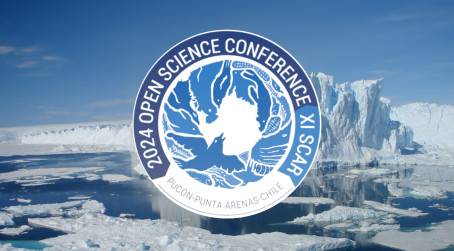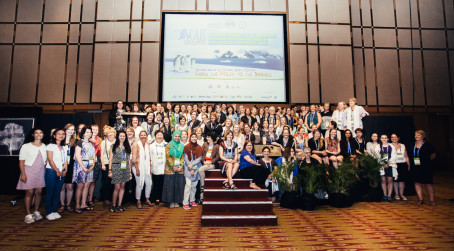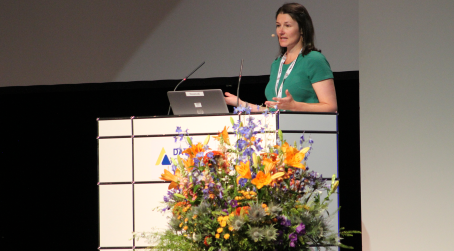The SCAR Standing Committee on the Humanities and Social Sciences (SC-HASS) aims to initiate, develop and coordinate rigorous and high quality international research on the Antarctic region within the Humanities and Social Sciences (HASS); to provide independent advice to the Antarctic Treaty Consultative Meetings (ATCMs) on issues requiring disciplinary expertise outside the natural sciences; and to coordinate with existing science groups on issues that call for a multidisciplinary approach.
The humanities and social sciences research community has been part of the SCAR landscape for well over a decade. The History Action Group was formed in 2005 and became the History Expert Group in 2011, while the Social Sciences Action Group was established in 2010 and expanded into the Humanities and Social Sciences Expert Group (HASSEG) in 2014. The Standing Committee on Antarctic Humanities and Social Sciences (SC-HASS) was established by the SCAR Delegates in June 2018 to contribute directly and substantially to the challenges of describing and managing human impacts in Antarctica.
The SCAR Horizon Scan identified the need to “recognize and mitigate human impact” as one of six priorities. Specific challenges within this priority include understanding: the impact of human modification of the environment; the way in which changing geopolitical configurations will affect Antarctic governance and science; and how developments in Antarctic tourism will be regulated. Challenges such as these can only be addressed by scientists acting in concert with scholars in the humanities and social sciences. Furthermore, the governance of the Antarctic region includes issues such as tourism, cultural heritage management, and environmental management (including fisheries) that are informed by research in the natural sciences, but which also require input from the humanities and social sciences.



